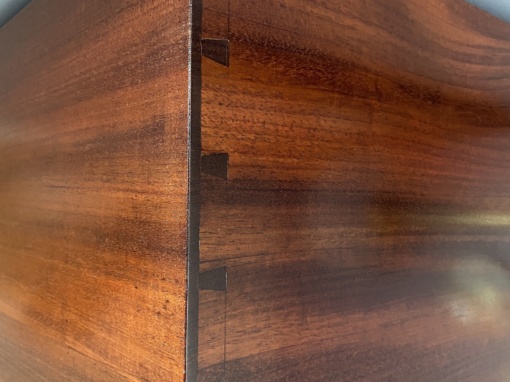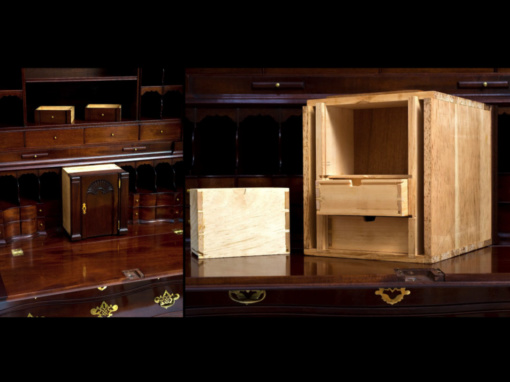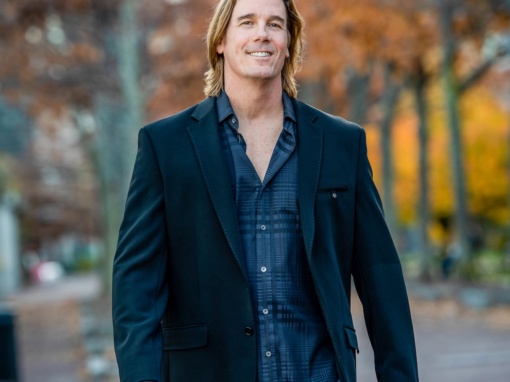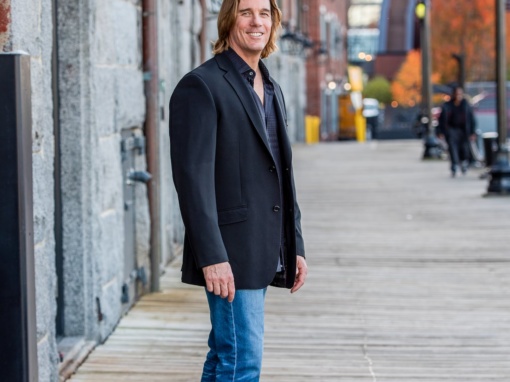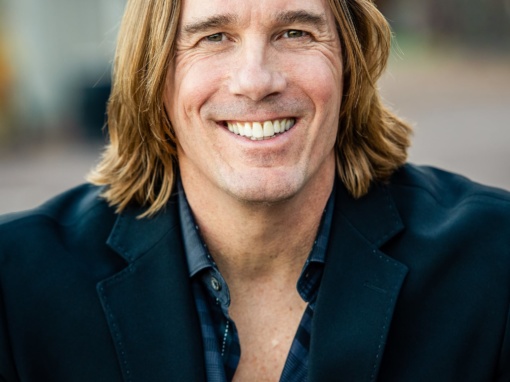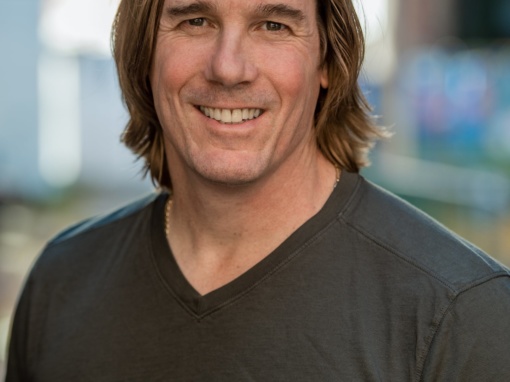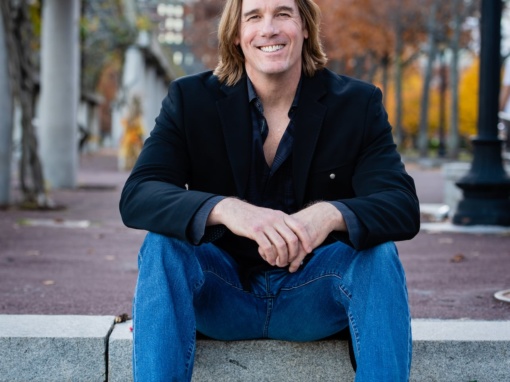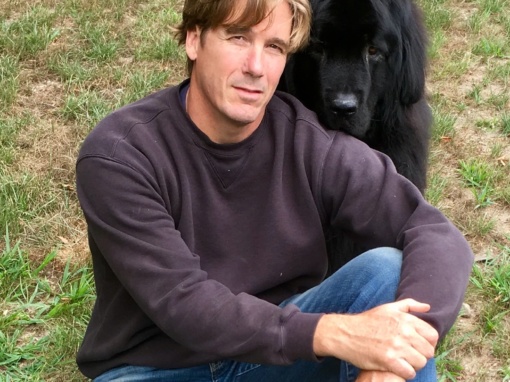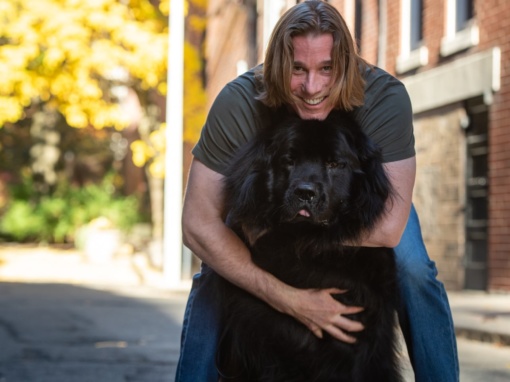What is subconscious belief and what is free rational thought? Particularly in an election season.
Fall evenings are full of sounds of insects subconsciously looking to mate before the first frost and the end of their short time here on earth. Katydids, crickets, grasshoppers, sometimes cicadas. Close your eyes at night and listen. (Wear mosquito repellant.)
Is this a remembered song of your childhood? I remember nighttime foghorns and ringing ocean buoys and train whistles. Subconscious memories.
Subconscious beliefs exist as well. I was at a dinner a while ago with a bunch of psychiatrists who discussed when our beliefs are formed. They postulated from about age 10 to the beginning of puberty, and solidified in the first years of adolescence.
Then these beliefs are ingrained or questioned for the next few years, until 16 or so when more adult reasoning and thinking begins. (Apologies to you parents of adolescents who are dealing with this age group and don’t agree about the adult reasoning.)
Recently, there have been a plethora of psychology books on this thinking/feeling phenomenon. One, ” Thinking Fast and Slow ” has been on the best seller list for months. (It deals with financial decisions, which is why it’s a best seller. Money, you know.) “Fast thinking” is our quick decisions. “Slow thinking” is questioning the reasons behind those decisions, and is more difficult.
Political books are another big draw these days as the elections loom. What quick subconscious beliefs, as opposed to what slower “rational thought” (if any) modifies your choices.
Do you always vote your parents’ party? Or do you never, never vote as they did? My uncle Harry believed passionately in only one party and he even refused a judgeship because the other party offered it. That is the power of irrational subconscious thought.
Old Farmers Wisdom in the garden falls into the same category. It’s a subconscious feeling that arises from a long series of seemingly connected and repeated events. Some fashionable ecological beliefs are founded on such passions. However much scientific evidence does exist. It’s just a question of what you choose to believe.
For now, Indian Summer is a most glorious time despite the heated political rhetoric. The season moves on as it always does. The tomatoes ripen as usual. The first expected frost used to be about mid October, which is when you cover the tomatoes to prolong their harvest.
The first frost is also about 3 months after katydids and their insect friends first start their flirting. Plants and insects are subconsciously more sensitive to tiny changes in their total environmental ecosystem than our weather science can predict.
I have read (an opinion) that frost will be a week later due to the global warming trend. Or one can be scientific and use the new Plant Hardiness Zones Map which shows most zones as warmer than the 1990 map. It can be seen at www.planthardiness.ars.usda.gov
Should you passionately believe your “fast thinking” subconscious opinions? Should you prefer what you learned in early adolescence? Would you rely on the Old Farmers Wisdom and the katydids? Or do you take time for the thoughtful “slow thinking” that tempers one’s opinions? Both in the
garden and in elections.
Gardening information can be found on www.mothersgarden.net
Credit: www.ruthsfoster.com










